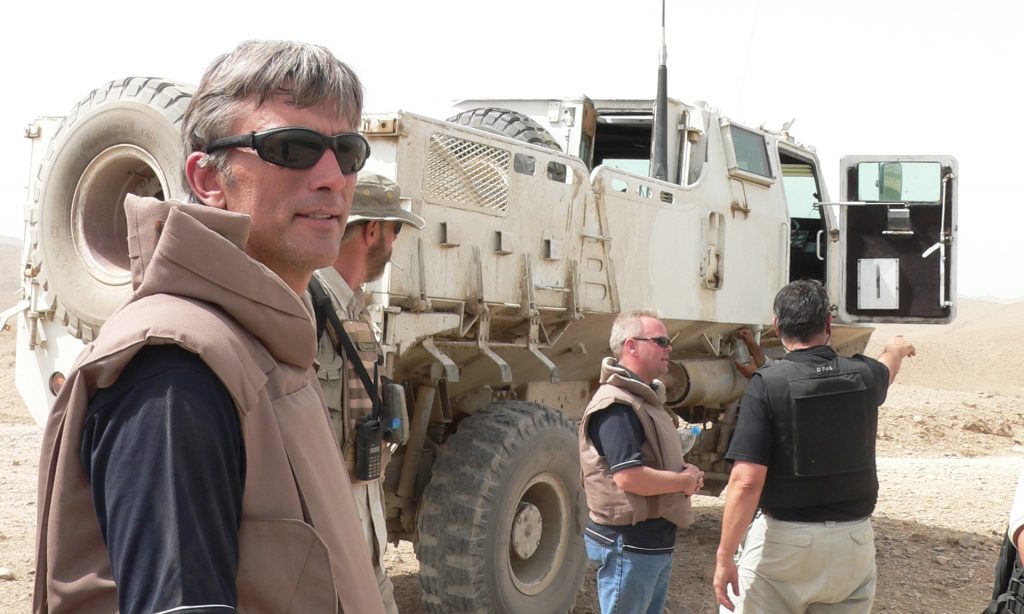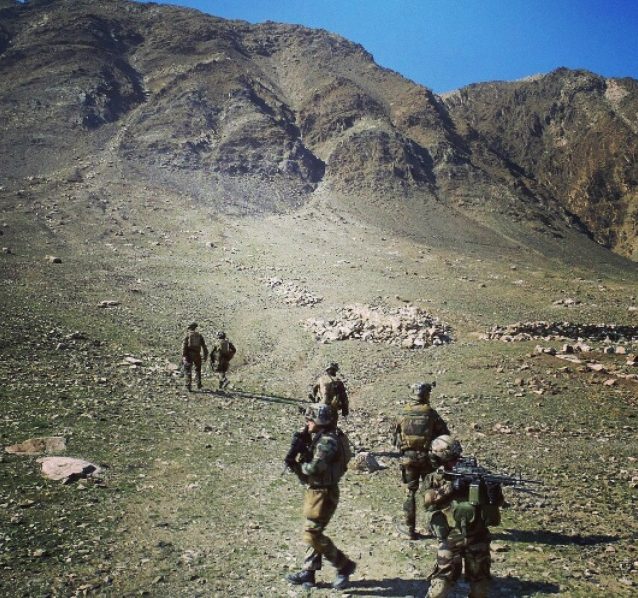Private Military and Security Companies (PMSCs) are part of a multibillion-dollar industry supplying both security and logistical needs for governments, commercial groups and Non-governmental Organisations (NGOs).


The roles these companies perform include, but are not limited to, security consultancy and armed contracting, recovery of hostages, and logistic support services such as construction and infrastructure support including waste disposal and goods transportation. Their political significance lies in the fact that they remain an integral feature of how states assemble and practice security governance globally.
The scale of their operations and the economic impact they have are also noteworthy. The breadth of these companies’ operations and their use of global workforces are demonstrated best by Group 4 Security (G4S), the largest PMSC. G4S is second only to Walmart as the world’s largest global employer. Boasting over 635,000 employees and operating in over 110 countries, the company reflects the global nature of the security industry. Consequently, PMSC influence world politics not only through changing state security practices, but also by shaping how global workforces are organized.
Despite this, PMSC literature continues to focus on state-centric security concerns involving issues pertaining to these companies’ accountability, transparency and legitimacy in security operations. Broadening our understanding of what PMSCs are and the impact they have globally, this study investigates the global political economy of PMSCs by focusing on a case study of two Nepalese labour chains that support PMSCs in Qatar.
Governing practices in both war and trade are both animated by global labour chains. These chains consist of an international cast of characters including the employer, the labourer, the labourers’ families, the recruitment agencies, labour advocacy groups and governments. The management of these chains is profoundly political and in many cases informed by race and gender practices pertaining to, for example, which communities are seen as the most suitable labourers for security roles.
This proposed study draws upon the scholarship of feminist security studies and feminist political economy (GPE) to investigate the governing practices of labour chains that support Private Military and Security Company (PMSC) operations. As such, it offers a novel analysis of the industry by exploring it through the lens of both labour and security. Building on my previous ethnographic research on PMSCs in Afghanistan, this study will conduct a comparative analysis of two labour chains within PMSCs: the security and logistics labour chains. Being that PMSCs rarely recruit their labour directly, I will work closely with two labour staffing agencies that provide (and sometimes manage) contractors to PMSCs, as well as migrant contractors, their families and international advocacy groups located in Qatar and Nepal.
The Nitty Gritty of the Project:
This study is designed to take place over 24 months in three key field locations (Qatar, Nepal and the UK), with the research being conducted in 4 phases; implementing a mixed methods approach. The primary methodologies are: semi-structured interviews, focus groups, participatory and non-participatory ethnographic observations and a small quantitative geocoded data analysis using existing datasets from embassies, Qatar government office records and recruitment agencies. The research contacts this study engages with are recruitment agency representatives in Qatar and Nepal, local labour advocacy groups, migrant communities in Qatar and their families in Nepal.
By integrating myself into the everyday working environment of the agencies, migrant communities, labour advocacy groups and migrant families back home, I am able to offer empirical evidence for feminist claims that PMSC global labour chains depend upon the everyday living and intellectual practices of families and migrant workers. I will also locate innovative grassroots initiatives that improve the welfare of these communities. Specifically I will illuminate the areas where social interventions already exist and identify potential spaces and practices whereby the commercial industry and government can input materials and resources to improve the welfare of the migrant communities and their families back home. Both will facilitate in producing an ethical labour management accreditation template to potentially be built into existing tender processes. Consequently, this research not only broadens academic understandings of what private security companies are, what they do and where they work, but it offers a clear pathway to impact on how ethical recruitment and management of labour is done.
